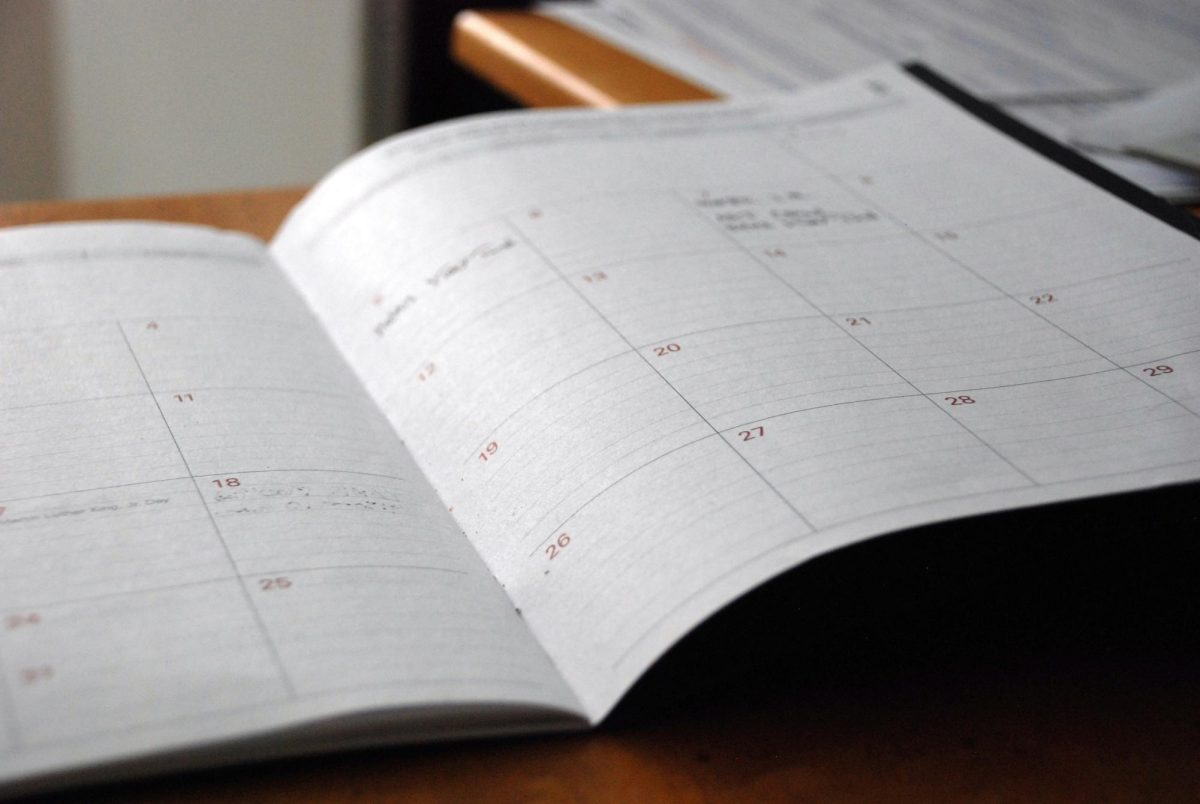
In the spirit of Earth Day, here are a few simple, everyday things that every college student can do with their wardrobes to give back to the environment.
First, when doing laundry, only use cold water. This is beneficial for a few reasons. It saves energy by not having to heat up water. The average household washing machine uses a little under 1000 kilo-watt hours per year (let’s not forget about the world energy crisis). Cold water keeps your clothes in better condition, and it doesn’t make your colors run (Side note: whites are the only thing that can be safely washed in warm water, but cold works just as well).
When you’re done washing your clothes in cold water, don’t put them in the dryer! The average household clothing dryer consumes about 1000 kilo-watt hours per year, which can cost your family over $100. Also, it is much better for your clothes to be hung dry – they are not getting weekly beat downs in your dryer and therefore last longer. This then leads to consumers buying fewer clothes, which could ultimately lead to manufacturers producing fewer clothes, using less energy and fewer resources.
On that occasion when you do choose to buy some new duds, there are some eco-friendly items for which you can look. Second-hand or consignment clothes are an ideal way to reduce energy and resources used for clothing manufacturing.
If going to the Salvation Army really isn’t your style, organic clothing is another alternative. It takes about half a pound of fertilizer to produce the cotton that goes into one t-shirt – think about that the next time you want to buy you American Apparel V-Neck. Organic cotton doesn’t use any fertilizers, and with the world shifting into a more earth-friendly mentality, it’s becoming a lot easier to find. Web stores such as TheHungerSite.com, JyGlaxy.com, OrganicExchange.com and EarthEasy.com are just some of the plethora of places to find organic attire.
After the seasons change and trends fade, instead of throwing your outfits either into the trash or the back of your closet, donate them! Second-hand stores are dying to get their hands on your stuff, and best of all, you leave with a little money in your pocket.
-Julie Holbrook Collegian Staff
Green gifts that are easy on your wallet
Are you interested in protecting the environment, but don’t want to sacrifice cost or efficiency? Next time you need to buy someone a gift, consider these low-cost alternatives to a bouquet and chocolates.
For your friend who can never seem to wake up in time for class, or your chemistry tutor who saved you on your last exam, consider purchasing a water-powered alarm clock. These nifty gadgets require no batteries, nor do they need to be plugged in. Most water-powered clocks need just a little water to power them for over 12 weeks. Added bonus? Once those 12 weeks are up and the clocks need to be refilled, most also have a built-in memory chip that resets itself to the correct time. No need to constantly reset the time every few weeks.
Know someone with an abnormal love for iced coffee? Satisfy their craving with a cold brew coffeemaker. These coffeemakers require no electricity and no heat, allowing your friend to even keep it on their desk in their dorm room. Additionally, cold brewing the coffee produces almost 70% less acid than hot brewing, allowing those with even the most sensitive of stomachs to enjoy a cold cup of iced coffee. Made of BPA-free plastic, a cold brew coffeemaker is an eco-friendly alternative to the typical hot-brew, electric-powered coffeemaker.
Forget the high cost of cut flowers and spring for a small potted plant. Bouquets are pretty, but the cut flowers wilt quickly. A small plant, such as a cactus or bamboo, lasts forever with very little care. Bamboo is one of the hardiest indoor plants available, and requires little water and moderate sunlight. Herbs are always a nice touch, especially lavender or mint; however, these useful plants require more sun, so some dorm rooms may not be able to support them.
Being eco-friendly does not have to cost you an arm and a leg, nor does it require you to completely change your way of life. Simply make a few wise decisions here or there, and you will not only be environmentally friendly, but you might save a few bucks on your energy bill in the process.
-Nora Drapalski, Collegian Staff
Easy energy savers
Here are a few simple things you can do to help the Earth out without much effort on your behalf.
Throw your trash in trash barrels. There are more than enough trash cans on campus and they should be used more often. Usually you can find one on the way to wherever you are walking, so rather than tossing a cigarette butt on the ground or a napkin, just wait until you find the next trash barrel and throw it in there. The environment will appreciate it if you take the time to carry your trash to a trash barrel – and if more people throw trash in the barrels, the campus will look that much nicer.
Use the lights in your room sparingly. Now that the weather is nice, it tends to be sunny enough to light your room with the natural light, rather than using the artificial light in your room. Use only what you need, don’t over-light your room. Keeping the lights off in your room when nobody is around is a huge energy saver as well – it’s just a quick flick of a switch.
Unplug your chargers when you’re not using them. It only takes a few seconds to unplug, but a charger which is not doing anything wastes a lot of energy. It may be easier to leave it plugged in, but it is not that much harder to unplug it. Even if the University is paying for the energy in the dormitories, it is still worthwhile to save energy so that housing prices will remain lower.
When you can, avoid using automatic doors. Automatic doors use a lot of electricity, and when you can just as easily open a door with your hand, you can save a lot of energy over time. Energy is not cheap, and there is not an infinite amount of it. Until more people switch over to greener energy sources, it is better to use less of it when possible. Automatic doors are a luxury which one usually doesn’t really need to use.
-Tappan Parker, Collegian Staff






barrie escorts • Feb 24, 2011 at 8:58 pm
I enjoy assembling utile info, this post has got me even more info! .